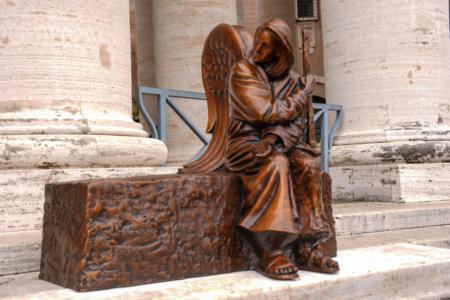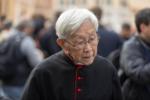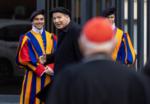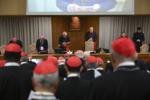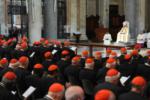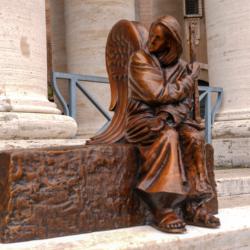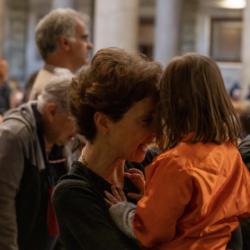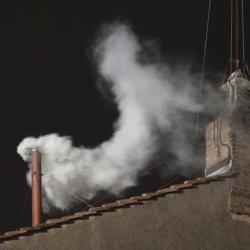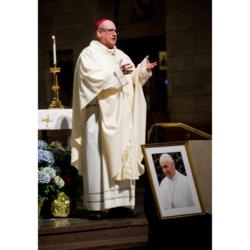Archdiocese 'disappointed' by approval of commercial marijuana
BRAINTREE -- Despite a last minute push by political, community, and faith leaders, including Cardinal Seán P. O'Malley, Nov. 8 Massachusetts voters passed Ballot Question 4, which will legalize the use and cultivation of recreational marijuana in the state.
That push included an $850,000 contribution by the Archdiocese of Boston to the Campaign for a Safe and Healthy Massachusetts, a coalition that worked to oppose the commercialization of marijuana. The drug was already decriminalized in the state in 2008 and was then legalized for medical purposes in 2012.
In a statement reacting to the measure's passage Nov. 9, the archdiocese said, "We are very disappointed that Question Four was approved, allowing for the commercialization of marijuana in Massachusetts. It was and continues to be encouraging that our parishes and many of our colleagues in the ecumenical and interfaith community gave significant time and support for the effort to defeat this harmful legislation."
"Anticipating significantly increased demands on many of the Archdiocese's social service and assistance programs, due to the documented effects of widespread marijuana use, we will continue to, as best possible, provide for the needs of the people we serve," the statement continued.
Bishop Mitchell T. Rozanski of the Diocese of Springfield, also expressed his disappointment in the results of Question 4.
He posted on his public Facebook page Nov. 9 that "My concerns before yesterday remain today. So we will now look to the legislature to provide some protections and oversight as our Commonwealth goes down this most uncertain path."
According to the ballot question, which was passed by voters 54 to 46 percent, beginning on Dec. 15, use and possession of up to one ounce of marijuana will be legal in Massachusetts for people 21 and older. The commercialization of marijuana, however, won't begin until 2018, with the first retail shops able to operate beginning on Jan. 1 of that year.
In the days before the vote, Cardinal O'Malley, Massachusetts Gov. Charlie Baker, Boston Mayor Martin Walsh, state legislators, faith leaders, and community leaders had been vocal about their opposition to marijuana commercialization.
Opponents of the legislation expressed concerns over potential increase in "drugged driving" and the introduction of edible marijuana products that look like candy or sweets that could accidentally be ingested by children and promote use of the drug by teenagers.
Opponents also fear that legalizing recreational marijuana could promote a drug culture at a time when the state and the nation are grappling with a crisis of opioid abuse and overdose deaths.
Proponents maintain that regulating and taxing marijuana will provide revenue and greater control by removing the drug from the black market.
Jim Driscoll, executive director of the Massachusetts Catholic Conference, the public policy arm of the state's four Catholic bishops, noted that the legislation might have to be amended, prior to the opening of retail stores.
"There's work to be done legislatively on this, because of the implementation challenges and licensing challenges. And so, you'll see a lot of legislative action from the governor on down," he said.
